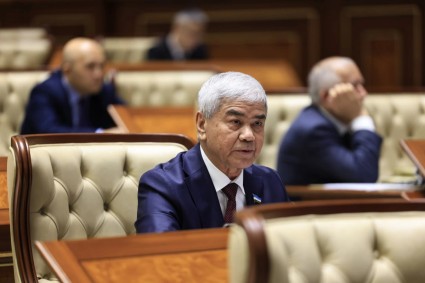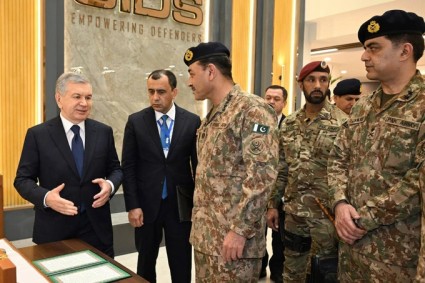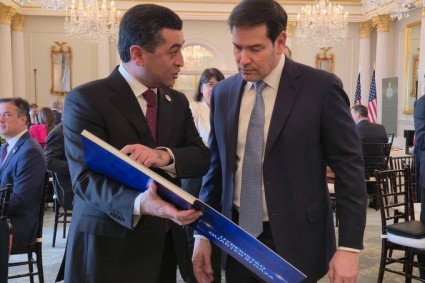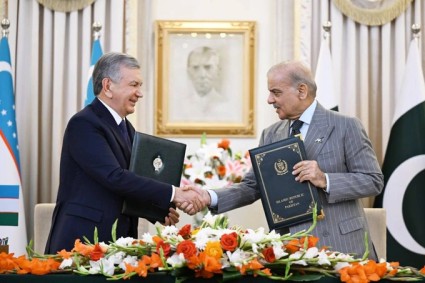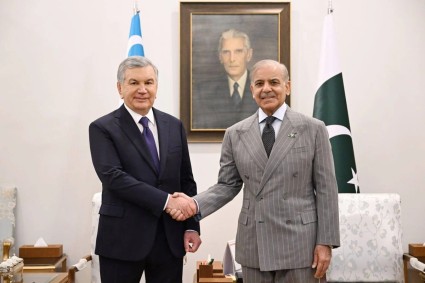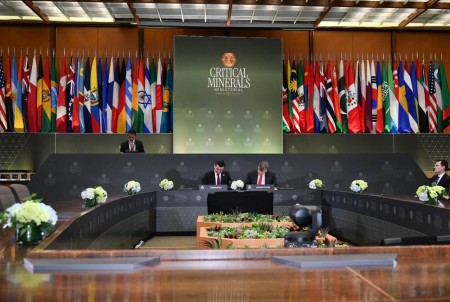President Mirziyoyev signed Accelerating The Ddevelopment and Ensuring Financial Sustainability of Energy Sector Decree Tuesday creating the Ministry of Energy, which will be responsible for the entire range of issues of organization and regulation of energy sector.
The document has approved the Plan of Measures to Reform the Energy Sector and has formed a commission to reform it, which, together with the Asian Development Bank, the European Bank for Reconstruction and Development and the World Bank Group, should develop a long-term investment program to expand, modernize and diversify the generating capacities until 2030, elevating them to 20 thousand MW.
By March, it is planned to develop a modern scheme for organizing the production, transportation, distribution and sale of electricity, with engaging private direct investments in enterprises producing and distributing (selling) electricity, including under public-private partnership (PPP) mechanisms.
At the same time, the state will retain full control over the transportation of electricity. Modern wholesale electricity market will gradually be formed based on competitive procurement of products directly from generating companies.
By April 1, a new methodology for calculating electricity tariffs should be approved, covering current and overall expenditures, stimulating the involvement of the private sector in the energy sector, with the creation of an inter-ministerial tariff commission under the Cabinet of Ministers.
The decree provides for the start of implementation in 2019, in cooperation with the International Finance Corporation, of a pilot project for the construction of a 100 MW solar photovoltaic plant in the Navoi province. The modernization of electricity distribution grids in Andijan, Namangan and Fergana on PPP terms and the Tashkent city distribution grid long-term lease project are commencing.
Road Map was adopted aimed at increasing generating capacities, modernizing electrical networks and improving meter and control of electrical energy consumption in 2018–2020.
It provides for the implementation of 7 projects for modernization of existing and commissioning of new generating facilities with a total capacity of 1984 MW and with an estimated project cost of US$ 2.6 billion, as well as the annual reconstruction of existing and construction of new electrical networks with a total length of 7,100 km, installation and modernization of 2,500 transformers.
By the end of 2021, it is planned to connect 7 million consumers to the Automated Electricity Control and Metering System (AECMS), with an increase in the share of AMR coverage to 100%.

